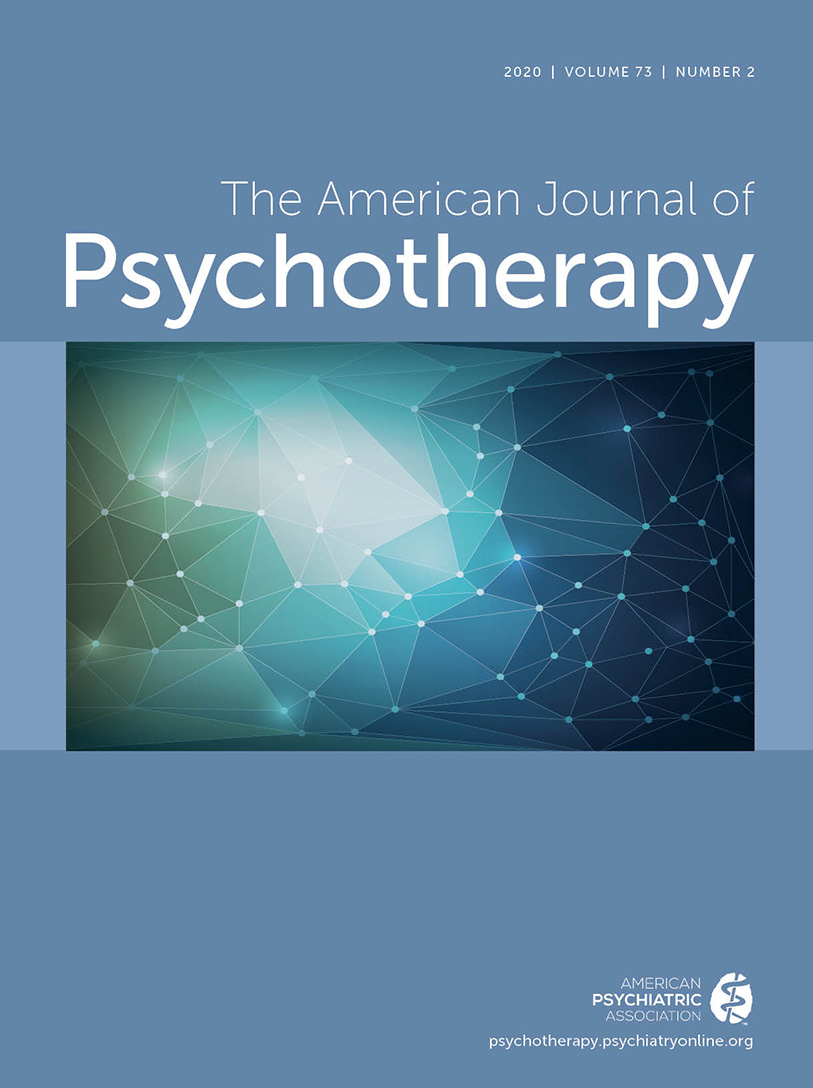The Psychotherapy Supervisor as an Agent of Transformation: To Anchor and Educate, Facilitate and Emancipate
Abstract
Objective:
The objective of this review was to answer the question, What do supervisors actually do in promoting transformative change in the beginning therapist supervisee? New therapist trainees, lacking treatment skills and a sense of “therapist identity,” are prone to experience self-doubt, feel anxious and demoralized, and think of themselves as impostors. Psychotherapy supervision can be helpful and encouraging to beginning therapists in their process of development.
Methods:
Using Mälkki and Green’s concepts of liminality, edge emotions, and boundary confusion as framework, the author examines the pivotal role of the supervisor in striving to create a transformative supervision space.
Results:
The author identifies and elaborates on three transformative streams of supervisory action—to anchor and ground, to educate and facilitate, and to liberate and emancipate. The constituents of each action stream are also identified.
Conclusions:
Psychotherapy supervisors serve foremost as agents of transformation, their chief objective being to actuate and actualize a transformative process of therapist development. The crucial processes by which supervisors achieve that transformative objective reside in the three streams of supervisory action. Accordingly, psychotherapy supervision is best conceptualized as a transformative learning pedagogy.



